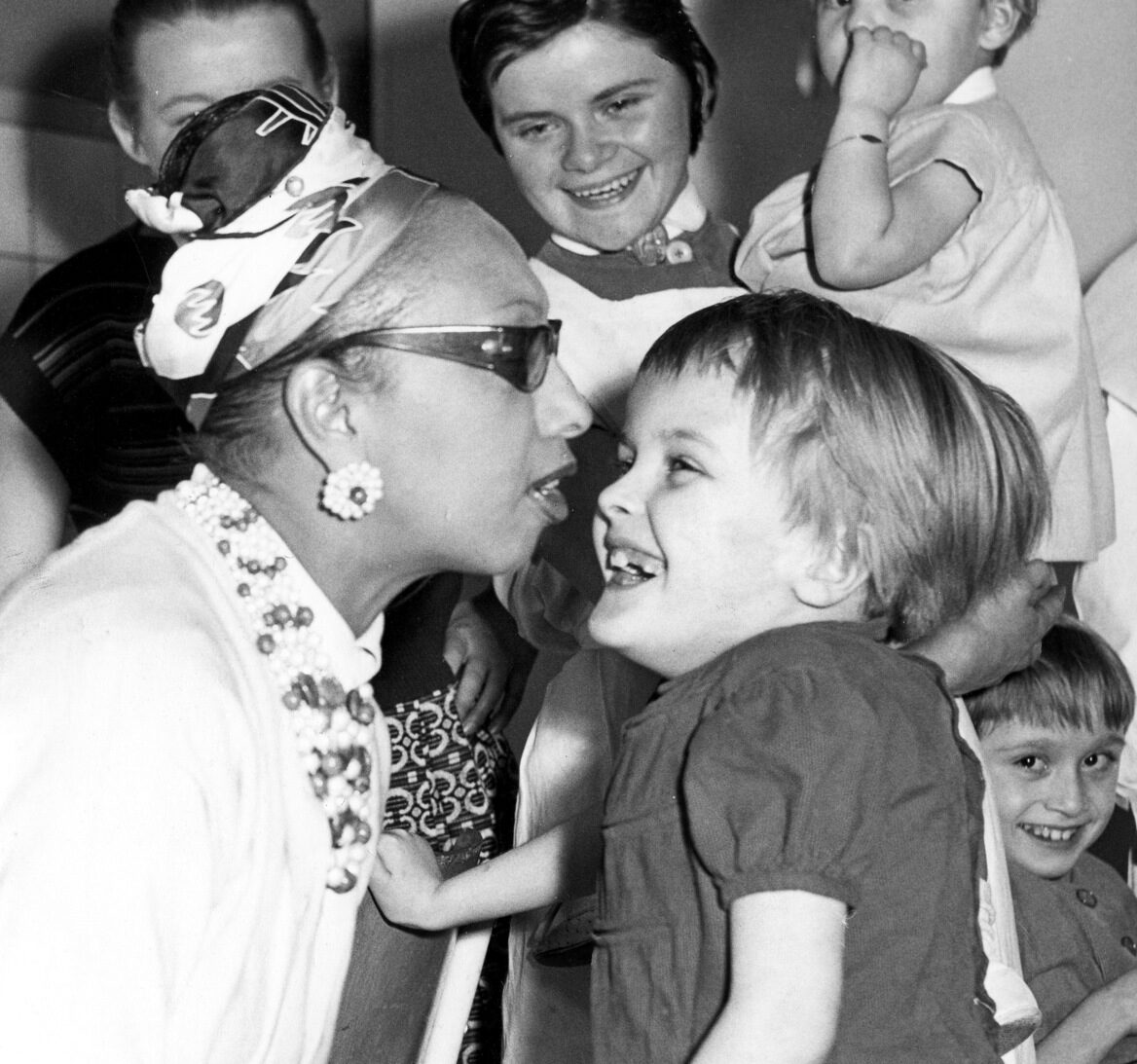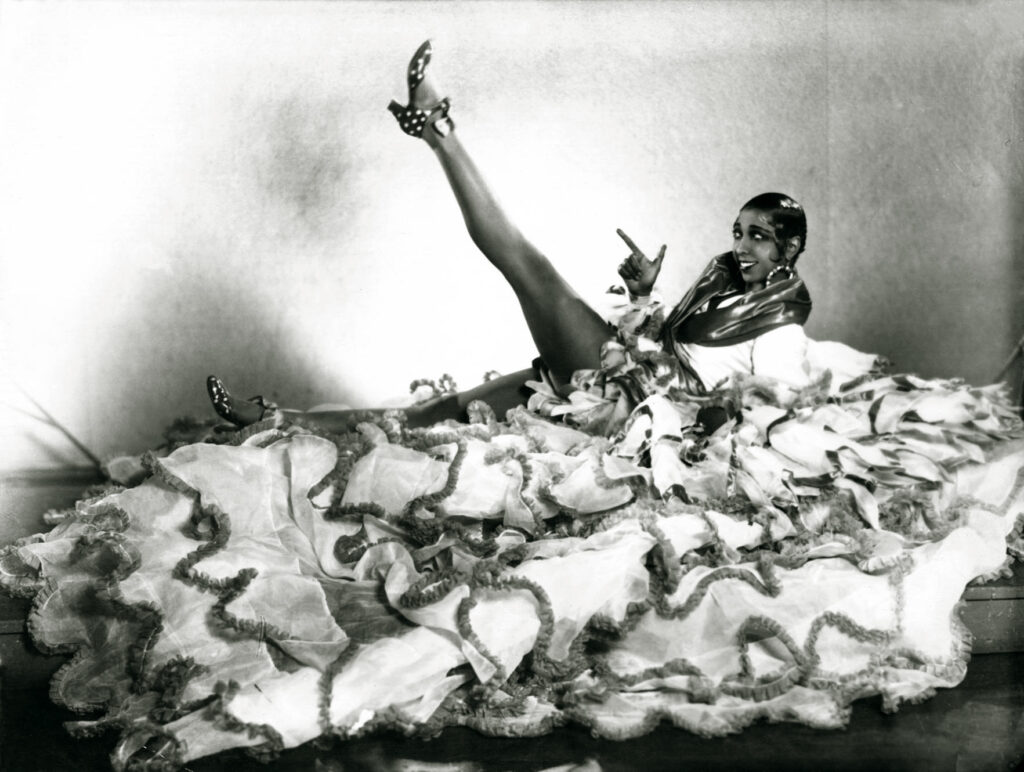On 12 April 1975, the singer and music-hall star Joséphine Baker passed away at the age of 68 in Paris, the city she had so adored.
Born Freda Joséphine MacDonald on 3 June 1906 in St. Louis, Missouri, she experienced racial segregation from a young age.
Witnessing violent episodes and lynchings of African Americans at age 11, young Joséphine found solace in dance and pantomime. Her mother called her 'Tumpie', and despite having to work for white families where she faced abuse, she remained determined to pursue her dream.
Married twice, she gained the surname Baker from her second husband, but her aspirations took her elsewhere.
She moved to New York and joined the Broadway revue Shuffle Along in 1921, where her sparkling style quickly made her stand out.
Spotted by an agent, she moved to Paris in 1925, quickly becoming the sensation of the Revue Nègre at the Théâtre des Champs Élysées.
Performing in a skirt of leaves, Joséphine's "savage dance" captivated Paris, especially among the intellectual and artistic communities. Her iconic banana skirt performance in 1927 sealed her fame, symbolising both colonialist fantasy, sensuality and satire.
In 1931, she turned to singing, with hits like J'ai deux amours, expressing her love for both her homeland and Paris.

Joséphine Baker visiting a children's home on 23 March 1960. Credit: Belga Archives
The onset of Second World War saw Joséphine become a spy for France, gathering intelligence for the resistance. Her efforts were honoured with the Medal of Resistance and the Legion of Honour, awarded by General de Gaulle.
Post-war, Joséphine fought against racism, adopting 12 children of various origins, forming her "rainbow tribe". Despite facing racism in the United States, she continued to speak out, notably at the 1963 March on Washington.
Financial troubles and strained marriages marked her later years, leading her to return to the stage.
In 1975, she returned to Paris with 'Joséphine at Bobino', but after 14 performances, she fell into a coma and passed away on 12 April.
Her funeral was attended by thousands, and she was given a military honour, later buried in Monaco. Her legacy continues to inspire artists like Diana Ross, Beyoncé, and Rihanna, and her château in Dordogne remains a testament to her life.
In 2021, Joséphine Baker became the first woman of colour to be honoured at the Panthéon, symbolising her enduring influence and impact.

